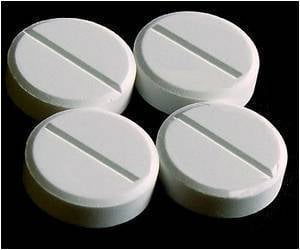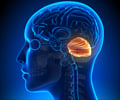- Citalopram - (https://medlineplus.gov/druginfo/meds/a699001.html )
- Citalopram - (https://www.ncbi.nlm.nih.gov/books/NBK482222/ )
- Hypertensive crisis and cheese - (https://www.ncbi.nlm.nih.gov/pmc/articles/PMC2738414/)
Citalopram Medication Information
Learn everything you need to know about Citalopram-pronunciation, uses, dosage guidelines, indications, and when to take or avoid it.
Get up-to-date information on side effects, precautions, warnings, and proper storage to ensure safe usage.
Explore Citalopram brand names commonly used in India and internationally, along with detailed pricing information. Consult your healthcare provider for tailored medical advice.
Generic Name : Citalopram Pronunciation : sye-TAL-oh-pram Therapeutic Classification : PsychotherapeuticsBrand Names or Trade Names of Citalopram
India :
International :
Celexa
Why is Citalopram Prescribed? (Indications)
This medication is a selective serotonin reuptake inhibitor (SSRI), prescribed for depression. It works by increasing the amount of serotonin, a natural substance in the brain that helps maintain mental balance.When should Citalopram not be taken? (Contraindications)
Hypersensitivity, concomitant administration with MAOIs(Monoamine Oxidase inhibitors) or within 14 days of discontinuing MAOI treatment; concomitant use with Pimozide, children and adolescents less than 18 years.What is the dosage of Citalopram?
The recommended dose is 10mg/day, orally. The maximum dosage is 20mg/day. For elderly people 5mg/day. Dosage adjustment needed for people with liver problem.How should Citalopram be taken?
It comes as a tablet and a solution (liquid) to take by mouth. It is usually taken once a day with or without food.What are the warnings and precautions for Citalopram?
•It may make you drowsy. Do not drive a car or operate machinery until you know how this medication affects you.• It may develop suicidal thoughts in children, teenagers, and young adults. Watch all patients who take this medication closely.
• Citalopram and a medicine called Escitalopram have the same active ingredient. Do not take Citalopram if you are also taking Escitalopram.
• Inform your doctor if you have recently had a heart attack and if you have or have ever had seizures or liver, kidney, or heart disease.
• Citalopram may cause a syndrome called serotonin syndrome if administered with drugs belonging to the class Monoamine oxidase inhibitors or other drugs that alter serotonin levels. Symptoms include increase in muscle tone, abnormal movements finally leading to seizures and coma.
• ♦ Caution should be exercised in patients with history of QT prolongation, who are taking other medication, any allergy, during pregnancy and breastfeeding.
What are the side effects of Citalopram?
Central Nervous System- Headache, tremor, fatigue, weakness, dizziness, abnormal accommodation, drowsiness, sleeplessness, agitation, nervousness, anxiety, confusion, suicidal tendency and Serotonin Syndrome.Gastrointestinal- Nausea, dry mouth, constipation, diarrhea, increased appetite, in some people loss of appetite, vomiting, abdominal pain, stomach upset, , flatulence, increased salivation.
Skin- Increased sweating, rash, itching.
Genitourinary- Decreased sexual activities, impotence, ejaculation failure.
Heart-
Palpitation, postural hypotension.
Miscellaneous- Abnormal vision, yawning, weight loss, stuffy nose, low sodium level in the blood.





















